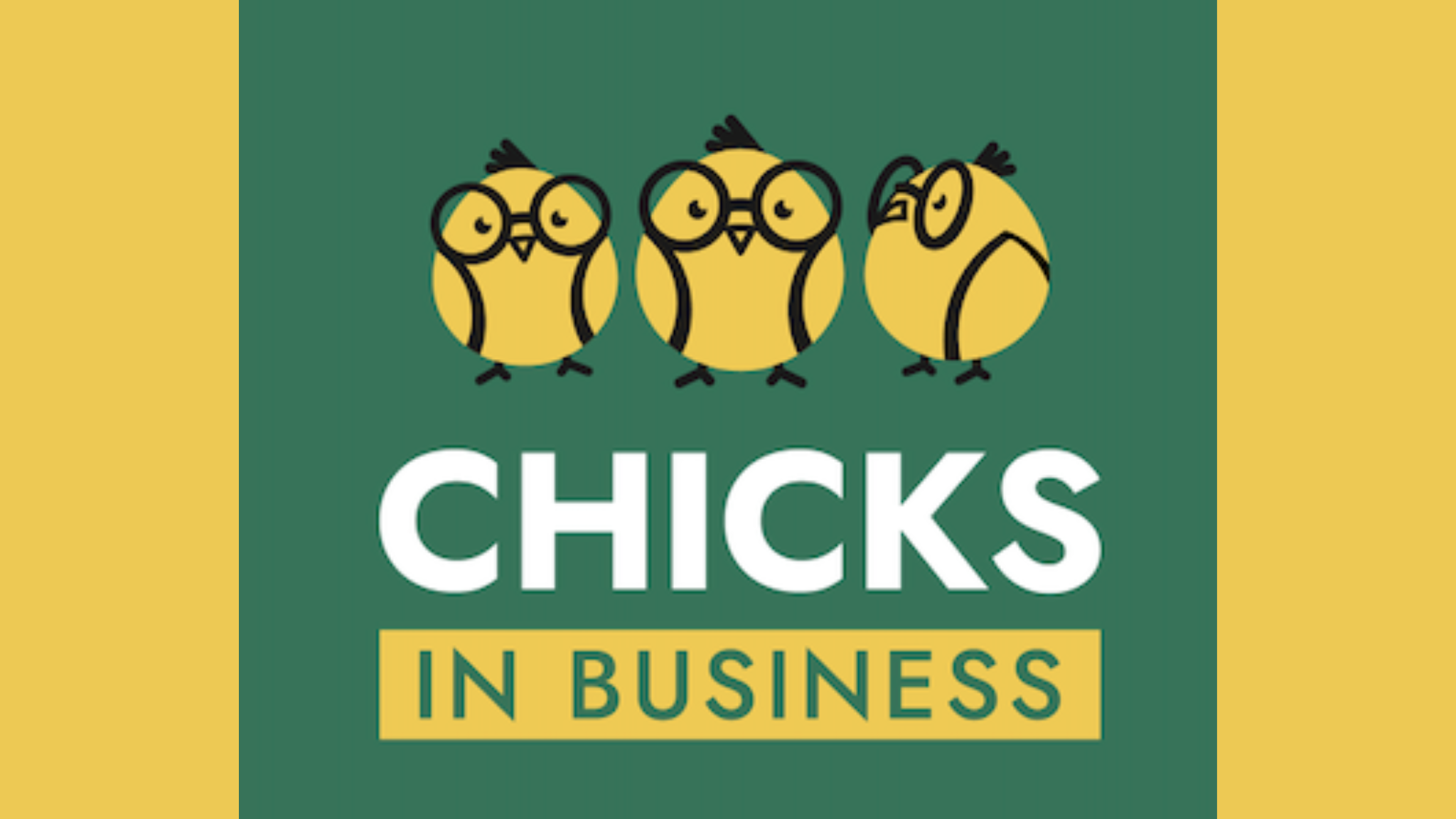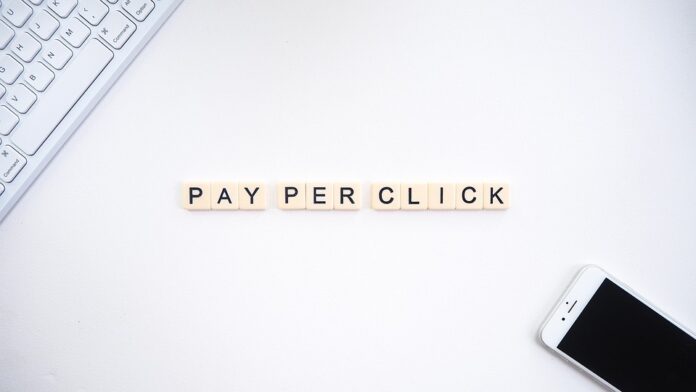Businesses use PPC (Pay-Per-Click) marketing on digital platforms to attract users and generate sales from online search engine results.
Do you need help finding ways to gain traffic and sales for your new business or are you looking for ways to expand your brand’s presence on the internet?
PPC is an excellent tool for getting the word out about your business and introducing it to prospective customers, but newcomers may find it a bit perplexing initially.
This guide is designed to provide you with a comprehensive understanding of PPC, how it can be leveraged to benefit your business, the different types of platforms available, and the ways in which they work.
What is PPC?
Pay-per-click (PPC) is an online advertising process in which distributors advertise on a platform like Google Ads, and must pay a fee each time a consumer presses on the ad.
Do an inquiry on either Google or Bing, and you will come across advertisements at the summit of the outcome page.
Companies employ PPC to attract inquiries, sales, or visitors from their sought after demographic. Platforms for pay-per-click advertising offer a large range of targeting capabilities, which means that advertisements can be displayed to only those that you believe fit your target audience.
Search engines provide people with the most efficient way to find providers of products and services, meaning that the presence of an audience interested in the offerings of your company presents an occasion to generate a sale.
Pay-per-click advertising can enable you to reach the desired audience with a more specific degree of targetting than is achievable through traditional marketing.
Looking to target someone in San Francisco who is interested in purchasing a second-hand Ford Mustang? Easily done.
PPC allows you to target potential customers when they are actively seeking a service or product such as yours and provides you with data analysis so you can optimise it further in the future.
Alphabet (Google) reportedly generates income of more than $162 billion annually from its advertising services.
How Does Pay-Per-Click Advertising Work?
Using PPC as a marketing approach encompasses multiple ad formats, mostly Google Ads and Bing Ads.
And within each of these platforms are different ad formats, including:
- Search Ads
- Shopping Ads
- Display Ads
- Video Ads
- Gmail Ads
Generally, businesses will begin utilizing PPC promotion through Google Ads, due to the size of the audience they can reach and the diverse types of initiatives they can deploy depending on their objectives.
But regardless of the platform and ad format, the way that PPC works remains largely unchanged, and it is a pretty simple process:
- Sign up to an advertising account with the platform.
- Create ads (and select the right targeting by adding keywords or audiences, etc.).
- Set the maximum cost you are willing to pay for each click.
- Your ad goes into an auction with other advertisers who are bidding on the same keywords.
- The auction determines the order in which the ads are shown.
- You pay when someone clicks your ad.
It is relatively simple to understand and only takes a small amount of time, despite the fact that there can be discrepancies depending upon the advertisement format and other bidding tactics that are utilized as an example. The fundamental laws are still the same.
Let us inspect the manner in which the sale is conducted, as this is usually the aspect that generates bafflement amongst those commencing with PPC.
How do PPC ad auctions work?
When a user performs a search, an ad auction takes place that is used to determine factors including:
- An ad account’s eligibility to enter the auction.
- The order in which eligible ads will appear in the ad space on the results pages.
- How much a click will cost each of the advertisers whose ads are showing.
The highest monetary amount that an advertiser is willing to pay for a single click is the Cost-per-click that they set as their maximum in their ad account, either just for a specific keyword or an entire ad group.
Although they may be able to pay up to a certain amount, that does not guarantee that they will do so.
One other factor to take into account is the Quality Score (QS), which is determined by various criteria such as how much a click-through rate (CTR) of a given ad is expected to be, how relevant the advertisement is to the search engine query, and the quality of the landing page that visitors are taken to.
We will dive deeper into Quality Score shortly.
The position of an ad on the results page is determined by the Ad Rank, which can be defined in simple terms as:
Ad Rank = Quality Score x Max CPC
Google’s algorithm is slightly more intricate, however to attain a broad conception, this can be seen as an exceptional approach.
What factors influence the cost of a click for an advertiser?
Ad Rank is an important factor in determining CPC, but it is not the only one. We can understand the cost that an advertiser pays to appear in their position as:
What the advertiser pays for each click is determined by their Ad Rank divided by their Quality Score, plus one cent.
Why Use PPC?
If you are looking at Pay per Click (PPC) advertising for your business, it is important to understand the advantages that it brings and why you should allocate your money to this option as opposed to something else.
Here are some of the most common reasons why PPC could be the right advertising channel for you:
You can start receiving clicks very quickly.
Once your ad account is established and you have made an ad, the platform generally needs to approve it, but typically that approval process is only a matter of a few hours.
When your ads are launched and you fulfill the requirements for auctions, and your bid is suitable, you will start having clicks soon, assuming that you have sufficient volume.
Compared to other methods such as SEO, investing in PPC (pay-per-click) ads produces quick results, making it a popular choice among marketers.
You can target your customers perfectly.
Unlike traditional advertising, PPC offers you the ability to zero in on your ideal customer based on the data you have, and even let you modify bids according to the type of device used, when they are online, and where they are located.
If you understand your client and the way they search, you can take advantage of this information to minimize money spent on advertising that won’t be successful.
There are multiple ad formats available.
Run an ecommerce store? You are able to advertise your items directly on the search engine results pages by taking advantage of shopping ads, which are located in a very prominent location.
Want to convert basket abandoners into conversions? Employ display remarketing to present an offer that will spur the intended behavior.
Pay-Per-Click (PPC) incorporates a variety of ad formats that can be utilized to achieve results for individual businesses and particular situations.
Best PPC Platforms
I’m assuming you now have a good grasp of the basic principles of Pay Per Click marketing. Your logical next question would be to ask where you ought to be advertising your product or service.
There are lots of web platforms that you can use to invest your advertising funds, and the best way to determine the worth of each one is to inspect the potential return on investment that you can get from it.
Advertising platforms that are easy to utilize and attract large amounts of visitors are the most successful. If you’re working with a smaller budget, it may be worth looking into newer or less popular alternatives to the major names in the industry.
When making a decision regarding the platform, other criteria to think about include: getting access to your preferred keywords, analyzing where your ideal clients are most likely active, and establishing your allocated expenses for promotional activities.
Below is a selection of some of the leading PPC platforms.
Google Ads (formerly known as AdWords)
You’ve likely heard “Let me Google that” countless times every day, which is why Google Ads is so successful in terms of paid advertisement.
Google processes on average more than 90,000 searches per second, which provides numerous chances to target certain keywords that would encourage your audience to click. The disadvantage is that it is difficult to get into the top search results on this platform as there are many others bidding for the same words, requiring a lot of money to be spent on ads.
Bing Ads
The benefit of using Bing Ads instead of Google Ads is a lesser cost per click although the reach of the audience is greater.
Facebook Ads
Facebook Ads is a widely used and beneficial tool for paid promotions (more often chosen as cost per mille than cost per click), mainly as a result of its targeted options. You can use Facebook to focus on people depending on their hobbies, characteristics, area, and actions.
Facebook offers ads that look like they are part of the user’s normal news feed. You can also take advantage of Facebook Ads to promote your brand on Instagram.
AdRoll
AdRoll is an advertising tool which targets those who have been to your website before. For example, suppose someone perused your piece on cheese production. With display ads, you can advertise your online cooking classes to visitors of other websites that these people have visited.
Retargeting is feasible with Google Ads, yet the gain of using AdRoll is the capability to show ads on Google as well as on social media outlets, providing you more opportunities to seize clicks or views, dependent on your aim.
RevContent
RevContent focuses specifically on promoting content through PPC. The effect of an advertisement being shown on an external website is equivalent to the effect of having a post on the same external site from another source, but presented in a different format. You still make offers on certain words, and the ad you place will show up beside content related to those words. Using this platform will allow you to get the most out of a relatively low cost-per-click and an audience that is paying attention.
Benefits of PPC
1. PPC ads are cost-effective.
You are in charge of deciding the amount of money you will spend on PPC ad campaigns.
When using pay-per-click advertising, you can rest assured that you’re only spending your money when someone clicks on the link to your website or landing page, which increases the likelihood of them completing a purchase. Therefore, you can be sure that your money is being put to good use.
2. PPC ads produce fast results.
It may take a considerable length of time–possibly months or even years–to appear on the first page of search engine results pages when relying solely on organic ranking.
For startups and small businesses, it can be difficult to find the time to wait around for organic, social, and direct traffic to take hold.
That’s where PPC ads come in.
By utilizing enhanced PPC ads, you can quickly move to the highest point on the SERP shortly after starting your initiative.
3. You can easily control and test PPC ads.
Managing the specific keywords you are targeting, adjusting the placement of the advert, or allocating a budget – all this can be easily done with PPC advertisements. You can also conduct experiments with two different ads to discover the one that yields the highest rate of return. Increase the ads that work well until the results become less satisfactory.
4. PPC ads allow you to target your ideal customers.
PPC ads enable you to reach a pre-qualified audience who are prepared to purchase your items and services without having to overcome the difficulty of garnering attention from a less interested audience.
You can make offers on search terms that people looking for answers might use on the internet. In addition to keywords, PPC ads additionally provide specific targeting options such as prior internet surfing or demographic specifics.
Pay-Per-Click (PPC) advertisements can be a great way to build retargeting efforts that reach out to users who visited your web page but didn’t complete a purchase.
5. Algorithm changes have little effect on PPC ads.
Attempting to acquire no-cost traffic from search engines is quite unpredictable compared to paying for PPC advertising, considering the numerous changes to the Google algorithm and the 200 ranking factors.
When using PPC ads, one can concentrate on analyzing how successful their advertising campaigns are, rather than worrying about alterations in algorithms.
6. PPC ads help you rank even with low domain ratings.
Keywords have become increasingly competitive. It becomes harder for a business with a low domain authority to be positioned at the top of a search engine results page or get the attention of its target audience on social media.
Using PPC, you can get a high ranking for terms your target audience is typing in to search, even if your website has a low search engine ranking.
7. Data from PPC ads can improve your SEO strategy.
You should not completely abandon your work on Search Engine Optimization – your paid advertising approaches should work together with your SEO plan, instead of taking its spot.
When people put in queries using words that directly correlate to your business, you are aware of the reason for the search and can show the ad that is most suitable for your target audience. Laura Mittelmann of Paid Acquisition at HubSpot suggested that there will be an increase in clicks, which in turn will bring a higher chance of successful conversion.
Go Paid!
Irrespective of your business having just been launched yesterday or having been in operation for a long time, PPC may be just the extra touch you require to outplay the competition – or at least to get visible in the SERPs before them.
Utilizing the data found in this guide on formulating a PPC campaign and suitable practices for an effective PPC plan would be an excellent foundation for boosting the flow of visitors to your website and the amount of conversions.


